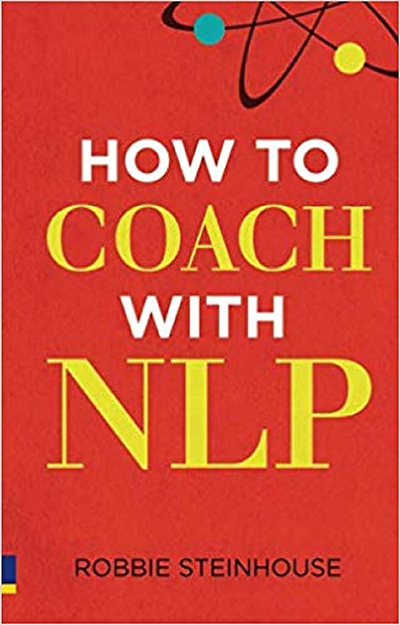How NLP Can Improve Your Confidence: Part Two

In the first part of this post, I talked about the ‘lower’ end of the NLP Logical
Levels, the light that this concept throws on the question of confidence, and how NLP can help. Now I want to move ‘up’ the levels, to more abstract ones.
Remember that the three ‘top’ levels are Beliefs and Values, Identity and
Mission.
Beliefs
Beliefs are our model of the world and how it works, our model of what sort of people are out there and what we can expect from them. All Xs are Ys. If you do A to B, it can lead to C (unless you do D). And so on.
These can play a huge role in confidence. Unhelpful beliefs can trap people in self-dislike. A naturally intellectual person brought up in a sporty family may acquire prejudices like ‘books are for nerds’ and spend much time battling this.
They may try to be what they are not, hanging out with the jocks but feeling
oddly alienated from themselves but not knowing why.
NLP has a powerful range of tools for changing beliefs. Robert Dilts not only
created the Logical Levels, but a process called the Belief Change Cycle. Try it for yourself, or with a friend, though it is much better learnt in a formal
training environment.
Values
Values can have a similar self-alienating effect. An exercise I do with clients is to get them to list their core values in order. This is in itself interesting, but if I ask them to take values out of the list one at a time, it is not always the one they thought was top that survives to last. I then ask clients to put one value at a time back into the list. And even then it is not ‘done’.
Come back to it a week later, and see if your views have changed.
Identity
This is, I sense, the heart of the matter. Truly confident people have a clear sense of who they are, the value of what they contribute and what they can expect in return.
NLP, perhaps, falters here. When someone has identity level issues, I prefer to work with them using techniques based on TA (transactional analysis). Eric Berne, founder of TA, believed that our sense of identity came from stories we create for ourselves, about ourselves, at a very early age. As such, they can be full of unhelpful ‘magical thinking’.
I have developed my own therapeutic technique to help people rewrite their ‘scripts’. I can’t really share it here, as it is both complex and so powerful that it has to be done properly, in the right setting
with someone who understands it.
I do teach it on my course, however, and will write a book about it some day. This isn’t just a sales pitch; Identity is powerful stuff and hard to fix at home by oneself. To claim otherwise would be deceitful.
Mission
After the big build-up for Identity, Mission can be something of a
disappointment. It is at the top of the Logical Levels, but I sometimes wonder whether it should be.
I very much like Steven Covey’s comment that a Mission is something we detect in ourselves. Going out and seeking a mission is a dangerous thing: we can fall for the most strident one, not the one that matters most, to us or to the world. My sense is that such detection is much easier once lower-level issues, above all that of Identity, have been sorted.
Next Steps
If you want to explore how to increase your confidence I hope this blog and the previous one have helped. Superficially simple, confidence turns out to be a complex business, operating at many levels. Work at them all! If I can help, please get in touch.
Confidence is well worth working hard to attain.
Did you like this post?
Then check out our events and courses!
Where to find us
For posts, events, free open days and more, follow NLP School on:
What to read next
Improve Your Confidence With NLP
How NLP Can Improve Your Confidence: Part 1









